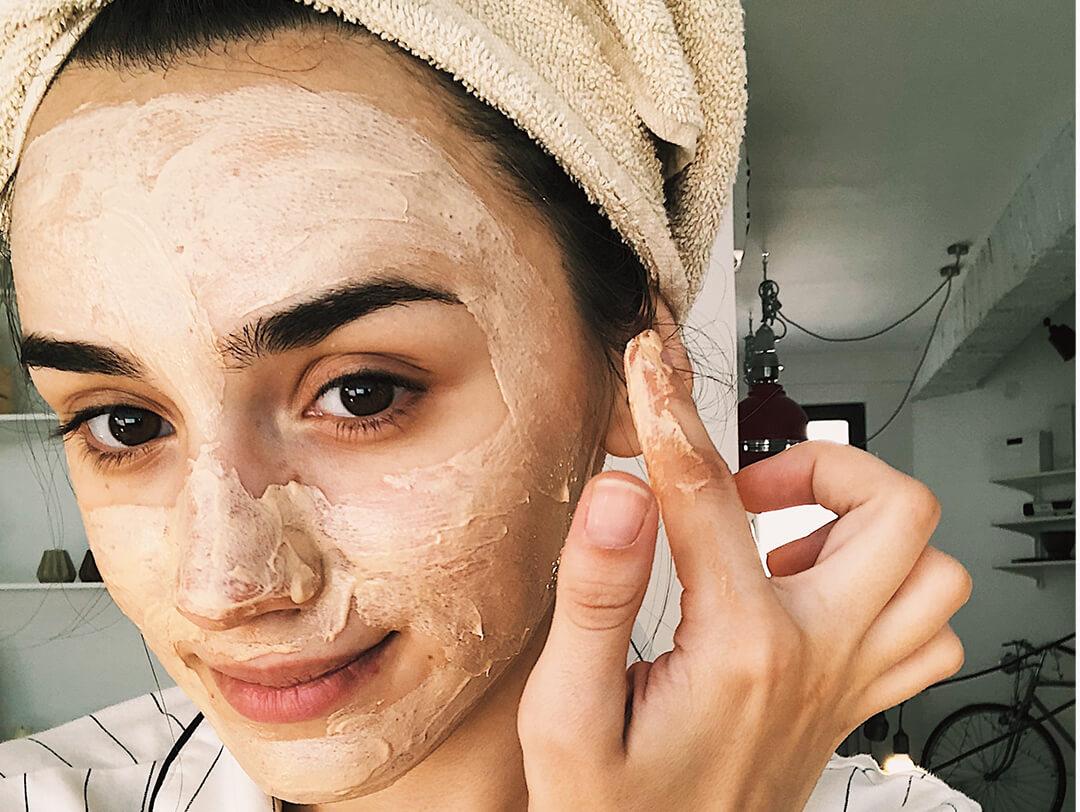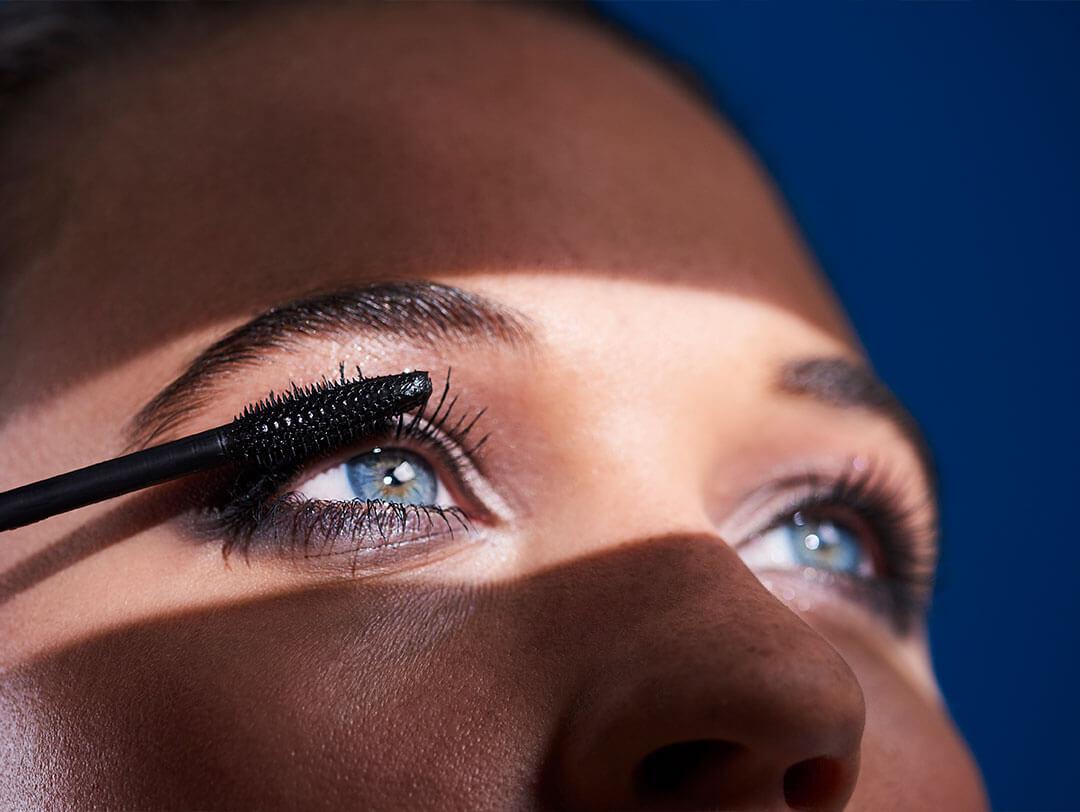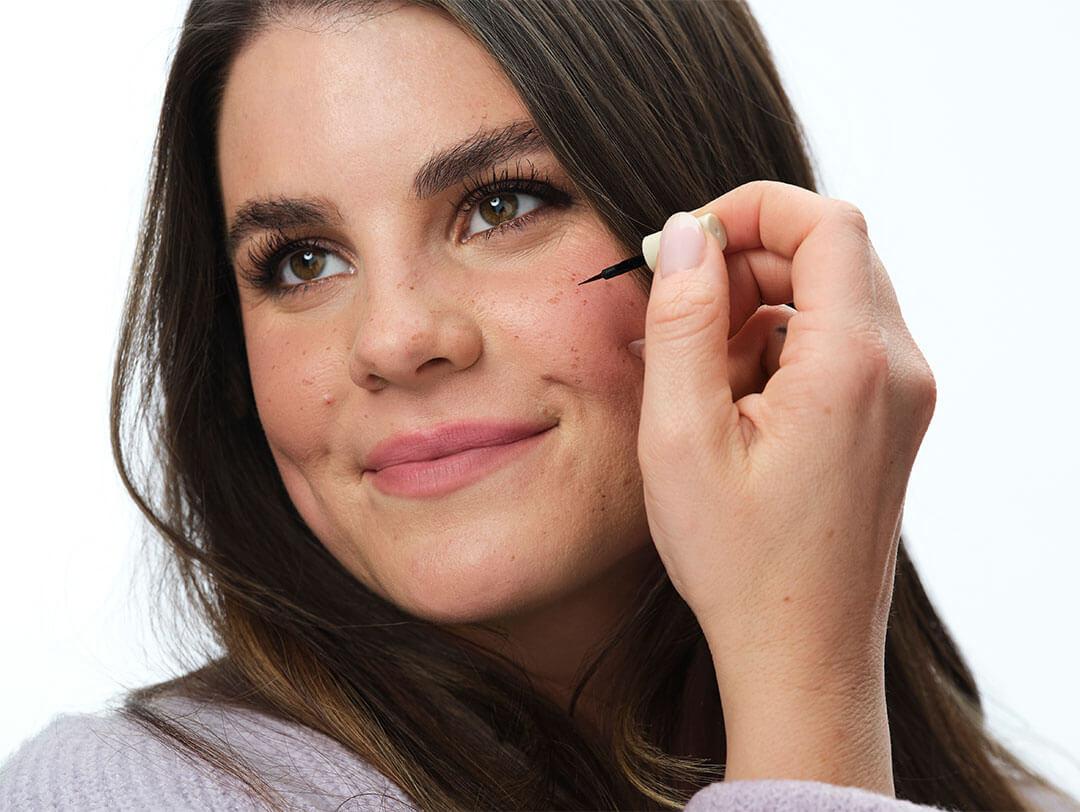How Painful is Laser Hair Removal? The Answers to All Your Burning Questions



Katrina Mitzeliotis Lanza


From waxing to shaving to even electrolysis, there’s no shortage of hair removal options. But if you want to banish your body hair for good? Then it may be time to consider a more permanent hair removal option—and that’s where laser hair removal comes in. “Laser hair removal emits a monochromatic beam of light that disables the reproductive cycle of the hair within the follicle,” explains Christian Karavolas, founder of Romeo & Juliette Laser Hair Removal in New York City.
While laser hair removal can significantly reduce unwanted hairs from growing in, many of us still have questions regarding the hair removal procedure. Does laser treatment hurt? Is laser hair removal safe? What are the side effects? We get it. The idea of using a laser to singe off hair can seem scary, especially if you’ve never tried it before. That’s why we turned to the pros who broke down whether or not laser hair removal is safe, who would be considered a prime candidate, and who should consider skipping out on treatments. Read on for the FAQs you need to know before booking your laser hair removal treatment.
It's about glam time you treated yourself.
Join IPSY

MEET THE EXPERT
Sam Rakhminov is a laser hair removal and laser machines specialist with more than 10 years of experience. After working at various laser spas, he opened Infinity Laser Spa in 2013.
Chris G. Adigun, MD, FAAD, is a board-certified dermatologist in Chapel Hill, North Carolina, and practices both general dermatology and cosmetic dermatology at the Dermatology & Laser Center of Chapel Hill.
Christian Karavolas is the owner of Romeo & Juliette Laser Hair Removal in NYC. He is a consultant to DEKA, CYNOSURE, CANDELA, and LUMENIS and also serves as the president of the New York State Association of Laser Hair Removal Specialists.
Is laser hair removal really safe?
Before we break down whether or not laser hair removal is safe, it’s important to understand how laser hair removal works. Put simply, laser treatment uses light-based energy to target the hair follicle. “Laser hair removal attacks the hair deep in the follicle, damaging it so that it does not produce any new hair,” says Sam Rakhminov, founder of Infinity Laser Spa in New York City. Most clients see promising results after a number of treatments spaced adequately apart, but it’s also important to remember that over time, it’s possible to experience new hair growth. “Hormonal changes, like the one experienced during pregnancy, can bring new unwanted hair growth,” says Rakhminov.
While the idea of using laser to significantly reduce the amount of hair in a given area may seem scary, there’s no reason to stress. As long as you go to a qualified technician and you’re a good candidate for the treatment at hand, you’re on the right track—but as with any cosmetic treatment or procedure, make sure to do your homework before booking an appointment.
When laser hair removal was first introduced, it was traditionally known to be most effective on dark hair and light skin tones, but with advancements in technology, it’s now possible to undergo treatment if you have darker skin. Be sure to talk to your provider ahead of time to ensure they can properly—and safely—treat your skin tone with the right type of laser. “If a patient has pigmented skin, they should be cautious that the provider treating them has a laser with a wavelength that is safe for their skin type,” says Chris G. Adigun, MD, FAAD, board-certified dermatologist in Chapel Hill, North Carolina, who prefers the SplendorX lasers. “They can treat all skin types and work on deep skin tones,” she says.
Regardless of your skin color, there’s a laser that can work for you. And if you’re comfortable getting a little technical, here’s what you need to know: Newer, 1064-nanometer devices that employ Nd:YAG wavelengths (like the Splendor X, Cutera Excel HR 1064 lasers, and the Sciton Joule 1064 lasers) allow providers to focus on the hair follicle. So feel free to ask about equipment during your consultation. “You should ask your technician how many years he/she has been performing laser hair removal and whether the machines are suitable for your skin tone and hair type,” says Karavolas.
While lasers are now effective on all skin tones, the same can't be said for all hair colors. If you’re hoping to remove stubborn blonde peach fuzz or a grey patch of hair, unfortunately, laser isn’t the right hair reduction method for you. “Laser does not work on non-pigmented or less pigmented hair such as white, light blonde, or red hair,” says Karavolas.
How much does it hurt?
Before you sign up for a package of sessions, it can be helpful to have an idea of what the pain might be like. If you talk to someone who’s had laser done before, the treatments are often described as repeated small pinches across the surface of your skin. “It feels like a little rubber band snap,” says Dr. Adgiun. If even that sounds like too much pain than you’re ready for, there is some good news: As the technology has improved over time, laser treatments have also become less painful. “There are various cooling mechanisms developed throughout the years to make the feeling quite manageable,” says Karavolas. And if you still want a little more TLC, your provider can apply a topical anesthetic to ease the sensation of the laser ahead of treatment.
How should I prepare for an appointment?
If you’re prepping for laser hair removal, it’s best to stay out of the sun for a couple of weeks prior to your treatment. So if it happens to be summertime or you have a beach vacay on the calendar, be conscious when you schedule your sessions. “For safe laser hair removal, patients need to avoid the sun, or any tanning activity, for that matter, during the 10 days prior to their session,” says Rakhminov. Dr. Adgiun says that includes self-tanner, too.
And while those who wax are aware of the cardinal “don’t shave” rule, the opposite is actually encouraged for laser hair removal. In fact, you must shave the day of your appointment—Rakhminov says that you must just “ensure your skin is clean of lotion, cream, or moisturizer.”
If you’re removing hair from your face, like under the chin or on the upper lip, you’ll also want to plan ahead. “If you are having treatment on the face and have a history of cold sores, start your Valtrex the day before or the day of treatment,” advises Dr. Adgiun.
Once you arrive for your appointment, your technician will give you a pair of goggles to wear during the session to protect your eyes from the laser pulse. The length of the session depends on whether you’re treating a large area or small area, but can typically last between 10 to 40 minutes. You’ll require six to eight sessions and should allow six weeks in between sessions to yield the best results. Over time, the treated hair will grow back less frequently.
Is there any aftercare I should know about?
Once your session is over, it’s best to keep the treated area out of the sun immediately following laser treatment. “Laser hair removal leaves the skin sensitive and more vulnerable to the sun,” says Rakhminov, who recommends clients reduce the risk of sun exposure or at least apply sunscreen (SPF 50, to be exact) if they’re going to be outdoors.
It’s also best to skip your workout on the day of treatment. “Avoid exercising,” says Karavolas, who also recommends staying out of the steam room or sauna for 24 hours following treatment. The reason you want to skip hot showers or other heat-inducing activity post-treatment, according to Rakhminov, is “to avoid burning and scarring.”
If you get laser on your face, you should also give your anti-aging skincare routine a rest following a laser hair removal session. “If treatment was on the facial area, then do not use anything harsh on the skin, like retinoid or glycolic acids, for a few days,” says Dr. Adigun.
Are there any side effects?
If your laser hair removal is performed by an experienced provider, post-treatment side effects should be minimal—but temporary redness is common. “It usually lasts less than 24 hours,” says Dr. Adigun. In fact, many individuals will see the redness subside within an hour or two. It’s also common to experience slight skin sensitivity, like a “razor burn or slight sunburn,” says Dr. Adigun, which is why it’s best to stay out of the sun.
Severe side effects from laser hair removal on the treatment area includes burns, blistering, scarring, and hyperpigmentation. “Lasers in the wrong hands can leave permanent damage,” says Dr. Adgiun. “The risk of burns, permanent pigment changes, and ineffective treatments are high when going to someone who has not been properly trained to use a laser device.”
But with good aftercare and communication with your technician, you can keep side effects to a minimum.
What about home laser hair removal devices?
As technology advances, so do the options for at-home laser hair removal methods—but there is not only more room for error during at-home laser hair removal attempts but also a difference in the end result. “Professional devices are much more effective,” says Dr. Adigun, who says professional technology is far superior to that of at-home devices. Karavolas agrees, calling many of the at-home options “underpowered.” And while devices you can use yourself may not be as effective, they still carry a risk for error. “There could be complications with at-home lasers, such as burns, due to incorrect use,” adds Karavolas.
While a package of laser hair removal treatments may seem costly up front, the investment can be worth it if you’re hoping to achieve hair reduction in a safe and effective manner—just be sure to do your homework before booking a package.
Want in on all the IPSY Glam Bag fun? Take our Beauty Quiz now to get started. Already an Ipster? Refer your friends to earn points, which you can use toward products. Either way, don’t forget to check us out on Instagram and Twitter @IPSY.
Liked this post? Share!
Related Stories


How-To
How to Treat Yourself: 39 Simple Self-Care Ideas
Published on Feb 3, 2026 • 15 min read


How-To
Here’s How to Build Your Perfect Skincare Routine for Both Morning and Night
Published on Jul 22, 2024


How-To
10 DIY Face Masks That Are Expert-Approved & Actually Work
Published on Nov 22, 2022


How-To
How to Give Yourself a Salon-Worthy Facial At Home
Published on Jan 15, 2025 • 10 min read


How-To
These 8 Self-Tanner Hacks Will Keep You Glowing All Summer Long
Published on Feb 2, 2026 • 5 min read


How-To
How to Safely Pop a Pimple (If You Absolutely Have To)
Published on Jul 23, 2024


How-To
No Eyelash Curler? No Problem—5 Alternatives for Curling Lashes in a Pinch
Published on Aug 12, 2024


How-To
How to Make Fake Freckles That Look Natural and Totally Cute
Published on Mar 25, 2024


Beauty Picked Just for You
Get 5 products worth up to $70
Plus exclusive access to epic deals up to 80% off
Starting at just $14/month. Cancel anytime.